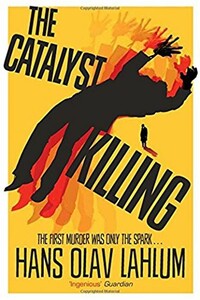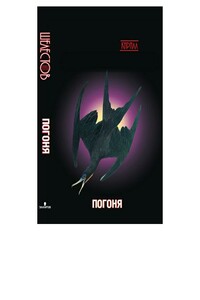Satellite People | страница 38
‘In 1944-5 there were three leaders in our group: Magdalon Schelderup, Ole Kristian Wiig and myself. Ole Kristian Wiig was the youngest of us, but also the most ideological and the best. During the war we often talked about it and agreed that the world would be his oyster afterwards if he only survived. And I believe so even more keenly in retrospect. Unlike Magdalon and myself, Ole Kristian encapsulated the political spirit of the time. He had a background in the Labour Party youth league and was precisely the kind of new young man they appointed to important posts in the years immediately following the war.’
I now noticed that Mrs Wendelboe had started to weep. She was crying silently, but all the more intensely for that. Within seconds the tears were flowing. And, annoyingly, it was her husband who once again had to tell me the reason.
‘Ole Kristian Wiig was my wife’s younger brother. So we knew each other extremely well, even before the war.’
I shifted my gaze to Mrs Wendelboe, who was sitting as still as a statue on the sofa. The only movement in her face was the tears that continued to stream down her cheeks.
I mumbled my condolences and asked whether they had had any more siblings – and immediately regretted doing so. Mrs Wendelboe’s eyes blazed. Her composure in the midst of her grief was impressive. She remained seated with stoic calm for a short while, but when she then spoke, her voice was firm.
‘No. There were only the two of us. He was so kind and bright that I was more than happy always to be in his shadow. Ole Kristian did not have a family himself, but instead was the best uncle in the world to my children. For the full five years of the war I lived without a thought for myself, but in constant fear that something might happen to my husband, my children or my little brother.’
There was another moment of silence. Her husband and I waited patiently until she was ready to continue.
‘I remember the incredible relief that I felt on 8 May 1945 as if it were only yesterday. Ole Kristian lived close to us in Ski and had a key to our house. He was the one who came running across the lawn, overjoyed, to wake us with the news that the Germans had capitulated and that all our suffering was over. I remember thinking to myself that the sun had never shone so brilliantly on Norway as it did that morning. Ole Kristian left us for a few hours, and then the light vanished just as suddenly from my life. And it has never returned. It feels as though I have been living in a twilight ever since, even on the brightest summer day.’




